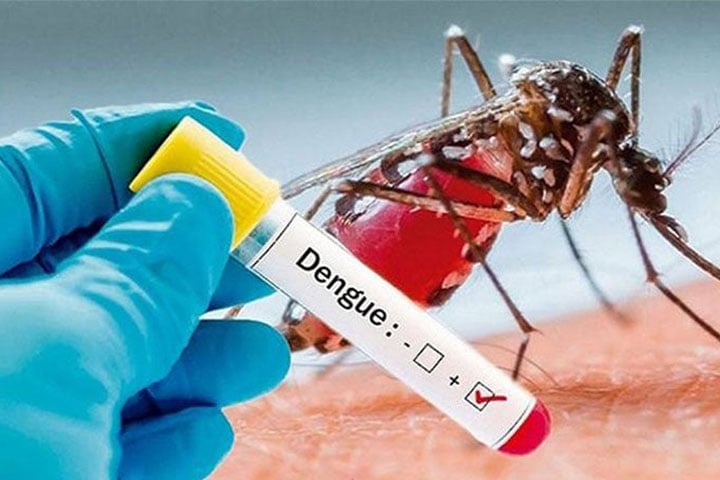
Understanding Dengue Fever
Dengue fever, a mosquito-borne viral infection, poses a significant public health risk across tropical and subtropical regions. In 2023, the disease has seen alarming increases in cases worldwide, stressing the need for awareness and preventative measures.
Current Outbreaks and Statistics
According to the World Health Organization (WHO), reports indicate that dengue fever cases have surged dramatically this year, with significant outbreaks occurring in Asia, the Americas, and the Pacific. For instance, countries such as India, Brazil, and Thailand have reported a spike in infections compared to previous years. In India alone, there have been over 15,000 reported cases since the start of the year, with authorities declaring public health emergencies in several regions due to the escalating number of infections.
Symptoms and Health Risks
Dengue fever is characterized by high fever, severe headaches, pain behind the eyes, joint and muscle pain, rash, and mild bleeding. While most cases resolve within a week, the disease can develop into severe dengue, which can lead to organ failure and can be fatal. Health officials are particularly concerned this year due to the concurrent rise of other mosquito-borne diseases, which complicates treatment and response efforts.
Preventive Measures
Prevention remains the most effective strategy to combat dengue fever. Key measures include eliminating mosquito breeding sites, using insect repellent, and installing window screens. Public health campaigns focused on education around mosquito control practices have become critical, especially in urban areas where mosquitoes thrive. Some countries have also expanded vaccination programs, with the WHO endorsing dengue vaccines in specific high-risk demographics.
Conclusion and Future Forecasts
The 2023 surge in dengue fever cases highlights the urgent need for ongoing surveillance and public health interventions. As climate conditions continue to favour mosquito populations, health experts predict that the frequency and severity of dengue fever outbreaks may increase. It is imperative for governments and health agencies to improve vector control measures and foster community engagement to mitigate this growing threat. Increased public awareness can play a vital role in preventing future outbreaks and protecting public health.
You may also like

Understanding the Current Measles Outbreaks
The Integral Role of Hospitals in Modern Healthcare

The Role of Face Masks in Public Health Today
SEARCH
LAST NEWS
- Remembering Wendy Richard: The Promise to Co-Star Natalie Cassidy
- How Did Anglian Water Achieve an ‘Essentials’ Rating for Mental Health Accessibility?
- Shai Hope Leads West Indies in T20 World Cup Clash Against South Africa
- What We Know About Weston McKennie: Future at Juventus and Past at Leeds
- What We Know About the Upcoming Live Nation Antitrust Trial